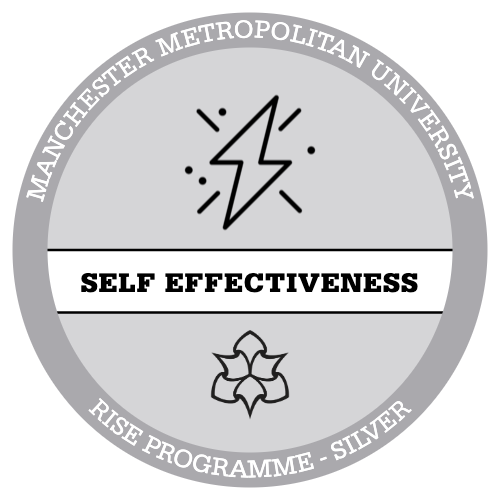Internal Psychology Research Seminar - 16 October 2024
Hi everyone,
You are invited to attend the next seminar from the Psychology Seminar Series on Wednesday 16 October 2024, 11:00-12:00pm in BR 4.51.
Attendance will be collated at the end of the seminar and RISE points will be allocated accordingly.
There will be two speakers, please see below for details:
______________________
Rob Hadley, Associate Lecturer, Department of Life Sciences
The psychosocial impact of male childlessness
The global trend of a declining fertility rate and an increasingly ageing population has been extensively reported. Childless men are, compared to women, missing from demographic, gerontological, psychological, reproduction, and sociological research. These fields have focused on family and women, with the fertility intentions, history and experience of older men being excluded. Failure to fulfil the status of parenthood is a significant challenge to individual and cultural identity.
This presentation is a brief overview of a qualitative doctoral study that examined the life experiences of older involuntarily childless men. The study used a pluralistic framework drawn from auto/biographical, biographical, feminist, gerontological, and life course approaches. In-depth biographical semi-structured interviews were conducted with 14 men, aged between 49 and 82, at distinct locations across the United Kingdom. The latent thematic analysis showed the complex intersections between involuntary childlessness and agency, biology, relationships, and socio-cultural structures.
This study challenges the stereotype that men are not interested in fatherhood. The participants’ attitude to fatherhood changed with age and revealed the difficulties in not fulfilling pronatalist societal norms. Diverse elements affected the participant’s experience of involuntary childlessness: upbringing, economics, and timing of events, interpersonal skills, sexuality, partner choice, relationship entry/exit, bereavement, and assumption of fertility. The quality of intimate relationships was a key factor across the life courses. Awareness of ‘outsiderness’ and a fear of being viewed a paedophile were widely reported.
Dr Dave Wright, Senior Lecturer, School of Psychology
Aphantasia: Estimating prevalence and assessing movement imagery ability
This talk will present two studies related to visual imagery and aphantasia. Visual imagery is the process of creating a mental image or picture in the mind’s eye, and it plays an important role in various social, cognitive, and motor processes. Despite the generation of visual imagery being a seemingly simple task for many, individual differences in visual imagery ability exist. Individuals who report an inability or difficulty in generating visual imagery are said to experience aphantasia. Existing prevalence estimates for aphantasia vary considerably and are limited by numerous methodological factors. The first study presented in this talk will, therefore, provide robust and up-to-date estimates of the prevalence of aphantasia based on a large international sample. Movement imagery involves the generation of visual and kinaesthetic representations of movement. The requirement to generate visual imagery would presumably make movement imagery interventions inaccessible to participants who experience aphantasia, but this has not yet been explored. The second study presented in this talk will, therefore, provide evidence on the extent to which aphantasic participants can engage in different types of movement imagery. These findings have implications for the optimal method for delivering movement imagery interventions in rehabilitation and sport contexts.
____________________
Any questions, please contact Danielle Labhardt (d.labhardt@mmu.ac.uk) or Matt Brooks (m.brooks@mmu.ac.uk).
Associated Badges:
In A Nutshell...
- Engage in person... on a Wednesday between 11 and 12 in the Brooks building
- Find out... about the different types of research being conducted within the School of Psychology
- Learn... what it's like to conduct psychological research
- Gain awareness... of how psychological research can address real world problems
- Ask... questions to the experts within the field
- Network...with other students and researchers
- Earn up to 5 Rise points ... which can be recognised within your degree.
Schedule
-
11:00 to 12:00 on 16/10/24 - BROOKS 4.51
Attend an event In this scheduled event you will learn about the different types of research that is being conducted within psychology.







